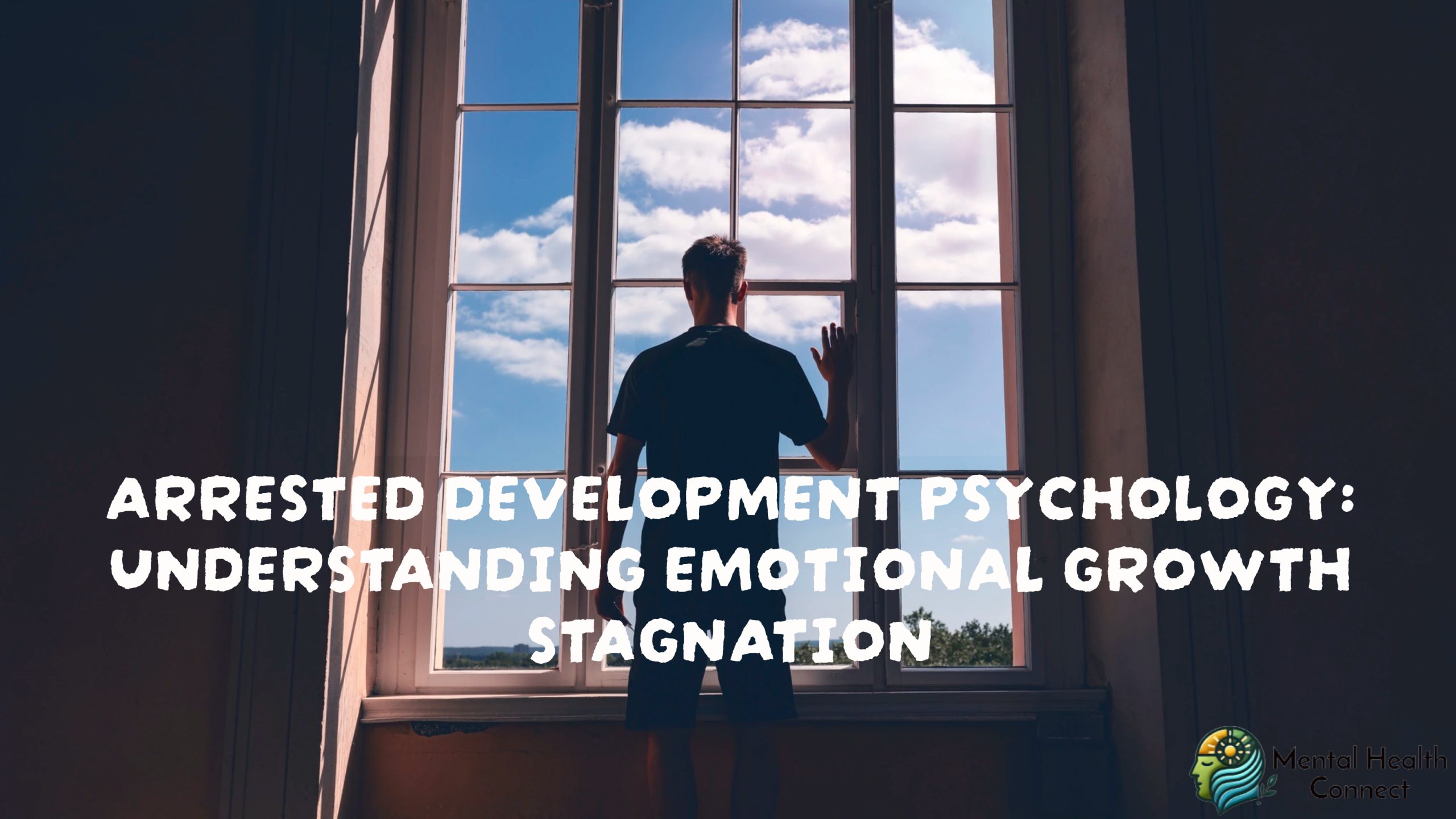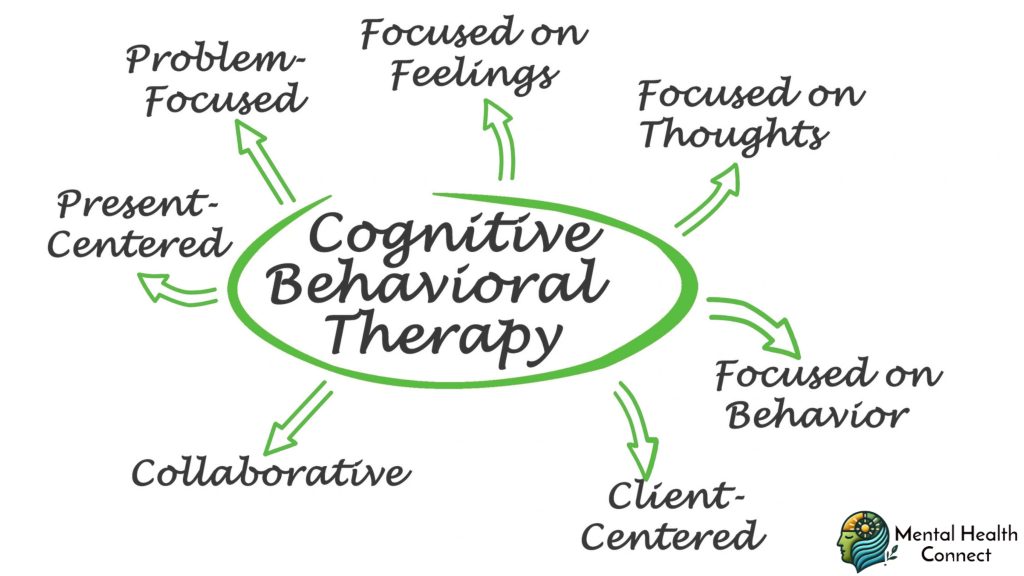Arrested Development Psychology: Understanding Emotional Growth Stagnation

Have you ever felt stuck in certain emotional patterns or noticed someone behaving in a way that seems immature for their age? This phenomenon is often referred to as arrested development psychology. It describes a condition where emotional and psychological growth halts at a particular stage, leading to difficulties in emotional regulation, relationships, and personal development. This article delves into the meaning, symptoms, causes, and strategies to overcome arrested development, providing insights from psychology and real-world examples.
Arrested development is not just about childish behavior; it can manifest in various ways, including struggles with accountability, inability to manage emotions, and avoiding adult responsibilities. By understanding the causes and solutions, individuals can break free from emotional stagnation and lead more fulfilling lives.
What is Arrested Development Psychology?
Arrested development in psychology refers to the stagnation or delay of emotional, cognitive, or psychological growth. This can be due to traumatic experiences, mental health conditions, or environmental factors. It often manifests as arrested emotional development symptoms, including difficulty in handling responsibilities, emotional outbursts, and social struggles.
Examples of Arrested Development
- A 35-year-old individual still relying on parents for financial and emotional support.
- Someone unable to maintain long-term relationships due to emotional immaturity.
- A professional avoiding confrontation and struggling with workplace stress like a teenager.
- A person displaying impulsive, reckless behavior despite being in their late 30s or 40s.
- Difficulty in emotional regulation, leading to tantrums similar to those seen in childhood.
Why is Arrested Development Important?
Understanding arrested emotional development meaning is crucial for personal growth and mental well-being. Recognizing the signs can help individuals seek appropriate interventions. Addressing emotional stagnation leads to:
- Better relationships and social interactions.
- Improved decision-making and problem-solving skills.
- Increased self-awareness and emotional intelligence.
- Greater professional success by handling stress and responsibilities effectively.
- Better coping mechanisms for dealing with life’s challenges.
Many people suffering from arrested development are unaware of the problem, blaming external factors rather than acknowledging their own growth barriers. By addressing these issues, individuals can work toward personal transformation and success.
How to Overcome Arrested Development?

If you or someone you know shows signs of arrested emotional development in adults, here are actionable steps to foster growth:
1. Identify Emotional Triggers
- Recognize patterns of emotional regression.
- Journaling thoughts and feelings can help track progress.
- Seek feedback from close friends or therapists.
2. Seek Therapy
- Cognitive Behavioral Therapy (CBT) can aid in breaking stagnant patterns.
- Therapy helps process past trauma and build resilience.
- Support groups provide peer understanding and encouragement.
3. Develop Emotional Intelligence
- Practice self-reflection and mindfulness.
- Engage in activities that challenge emotional growth, such as volunteering or leadership roles.
- Read books on emotional maturity and personal development.
4. Take Responsibility
- Embrace adult responsibilities, even in small steps.
- Establish financial independence and decision-making skills.
- Learn conflict resolution skills to handle difficult situations.
5. Set Goals for Personal Growth
- Develop a clear plan for self-improvement.
- Focus on career advancements and relationship-building.
- Avoid procrastination and make conscious efforts to change.
6. Break Free from Toxic Habits
- Reduce escapism through excessive gaming, social media, or substance use.
- Adopt healthier coping mechanisms such as exercise, meditation, or engaging hobbies.
- Embrace Change: Adaptability fosters maturity.
- Set Personal Goals: Helps in tracking growth and overcoming past stagnation.
- Surround Yourself with Growth-Oriented People: A positive social circle encourages progress.
- Practice Self-Care: Physical health influences mental well-being.
- Engage in Continuous Learning: Education and skill development contribute to emotional growth.
- Practice Effective Communication: Learn how to express emotions and thoughts clearly.
Common Mistakes & How to Avoid Them

1. Denial of Emotional Stagnation
Solution: Acknowledge personal growth limitations and seek help.
2. Blaming Others for Personal Struggles
Solution: Shift focus to self-improvement rather than external factors.
3. Avoiding Emotional Challenges
Solution: Face difficult emotions head-on with healthy coping mechanisms.
4. Relying on Instant Gratification
Solution: Learn patience and delayed gratification to foster maturity.
5. Failing to Take Constructive Criticism
Solution: Accept feedback positively and use it for self-improvement.
Future Trends & Predictions

With advancements in psychology and mental health awareness, the understanding of arrested development is evolving. Trends include:
- AI-Driven Mental Health Solutions – Personalized therapy bots and AI-assisted emotional regulation tools.
- Holistic Therapy Approaches – Mindfulness, meditation, and lifestyle coaching are becoming mainstream.
- Greater Workplace Awareness – Companies are recognizing emotional intelligence as a key skill.
- Increased Focus on Childhood Development – Preventative measures to stop emotional stagnation early in life.
FAQs
1. What are the signs of arrested emotional development in adults?
Common signs include difficulty managing emotions, avoiding responsibilities, and struggling in relationships.
2. Can arrested development be reversed?
Yes, with therapy, self-awareness, and active personal development, individuals can progress emotionally.
3. How is arrested development related to BPD?
Arrested emotional development BPD often overlaps with emotional dysregulation and identity disturbances found in borderline personality disorder.
4. What causes arrested development?
Childhood trauma, overprotective parenting, and mental health conditions are major contributing factors.
5. Is arrested development the same as immaturity?
Not necessarily. Immaturity can be a choice, while arrested development often stems from psychological barriers.
6. Can social media contribute to arrested development?
Yes, excessive social media use can hinder emotional growth by promoting escapism and unrealistic expectations.
7. Where can I learn more about arrested development psychology?
Platforms like Reddit and psychology forums provide discussions and case studies on arrested development meaning Reddit and arrested development psychology Reddit.
-
 How to Support Someone with OCDApril 17, 2025
How to Support Someone with OCDApril 17, 2025 -


Leave a Reply